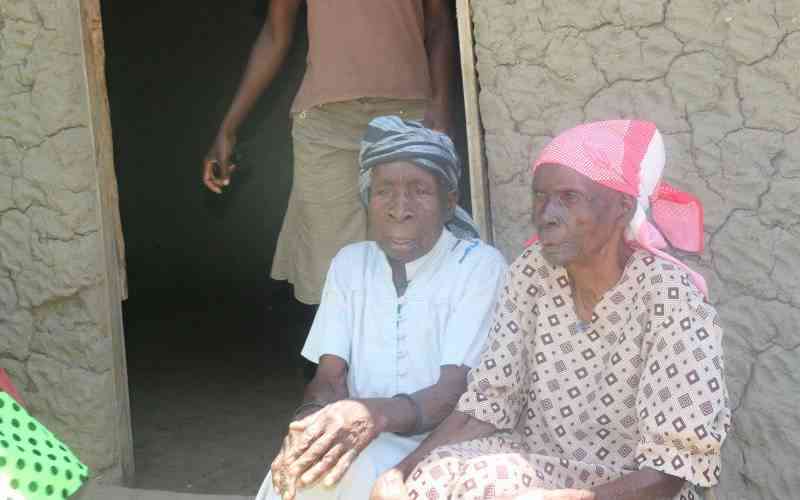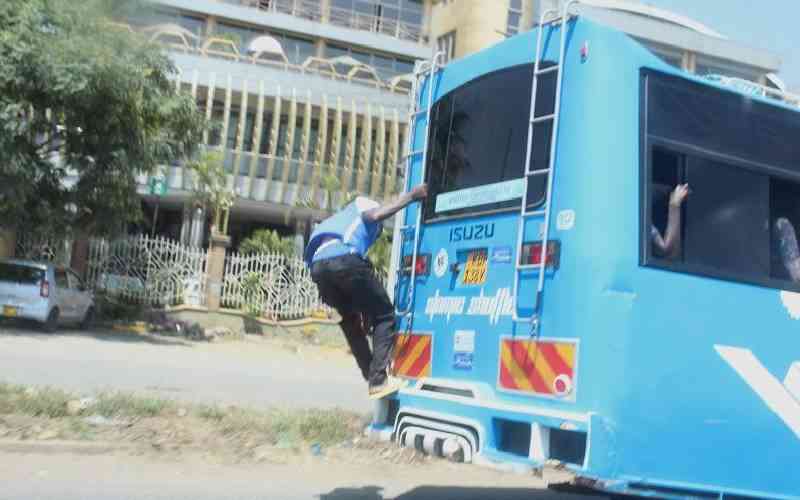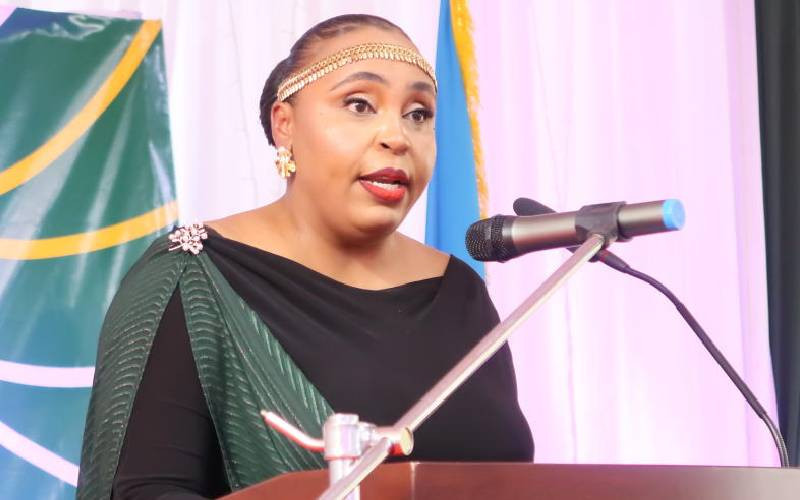
Across Kenya, scenes of protests and political demonstrations have become increasingly frequent. With them comes a grim reality for many small business owners: shattered shopfronts, stolen stock, burned stalls, and lost livelihoods. For those running small enterprises, these disruptions can be devastating.
At the heart of this vulnerability lies a tough question: What happens to your business when things fall apart? If the answer is "start over" or "hope for help," it may be time to consider a new layer of protection and that is, insurance.
Many small business owners assume insurance is too expensive, too complicated, or simply not for them. But in today’s uncertain environment, insurance is no longer a luxury but a survival tool. And the truth is, it’s more accessible than most people think.
Kenya’s small businesses from salons and boutiques to cyber cafés, mobile money agents, and kiosk operators are vital to the country’s economy. These businesses are often located in high-traffic zones like market centres, transport hubs, or densely populated estates. While these locations are great for sales, they also expose businesses to greater risk especially when political unrest turns violent, or when natural disasters like fires or floods strike.
Even those who install CCTV, hire night guards, or put up metal grills find themselves defenseless when the unexpected happens. When protests turn chaotic or fires rage out of control, physical precautions can only do so much. What most lack is a financial backup—a way to bounce back quickly when losses hit. That’s where insurance steps in.
Several insurance products now cater specifically to small and medium-sized businesses in Kenya. One of the most essential is Combined Business Insurance, which protects your stock, equipment, furniture, and premises from threats like fire, floods, riots, theft, and malicious damage. In the event of a catastrophe, this cover ensures you are not left with nothing.
Another critical option is Political Violence and Terrorism Insurance. With the recent rise in civil unrest, this cover is becoming increasingly relevant. It compensates businesses for damage caused by riots, demonstrations, or even acts of terror, ensuring that you don’t have to bear the full burden of losses caused by events beyond your control.
If you’re forced to close shop temporarily due to such damage, Business Interruption Insurance can help replace lost income and cover fixed costs like rent, salaries, and utilities. It bridges the gap between the moment disaster strikes and the time it takes to get back on your feet.
Employers must also consider Work Injury Benefits Act (WIBA) insurance, which is required by law. It ensures employees are compensated if injured while on duty. There’s also Money Insurance, which protects your earnings if they’re stolen at the shop or enroute to the bank, and Fidelity Guarantee Insurance, which covers losses caused by employee dishonesty—an issue that many informal business owners deal with silently.
But what about cost? Here’s where the biggest misconception lies. Many believe business insurance is too costly for a small business or hustle. However, some insurance providers in Kenya offer SME insurance packages starting from as little as Ksh5,000 per year—just over Ksh400 a month, or about Ksh14 a day. That’s less than a plate of chips in Nairobi.
Getting insured is also more straightforward than most of us think. All you need is a national ID, a KRA PIN, a business permit or certificate of registration, and a completed proposal form, which is easily available from any insurance provider or intermediary. Once you submit these, you will be guided through the most appropriate options for your business.
In the unfortunate event of a loss, such as looting during a protest or a fire in your shop, the claims process is fairly simple. Notify your insurance provider immediately, fill out the claims form, and report the incident to the nearest police station to obtain a police abstract. Most insurers process claims within the shortest time possible once all the required documentation is submitted.
If you’re not sure where to start, visit a local insurance agent, broker, or insurance company. You can also check Understand Insurance platform from the Association of Kenya Insurers (AKI), which offer clear guidance on what insurance products are available and how to choose the right one for your hustle.
Kenya’s political and economic landscape is unpredictable. You may not be able to prevent unrest or disasters, but you can prepare for them. Insurance allows you to do just that: prepare, protect, and recover.
So, whether you're running a kinyozi in Kitengela, a second-hand clothing stall in Gikomba, or a café in Nakuru, don’t leave your business exposed. You’ve worked hard to build it. Now take the next step and protect it.
Stay informed. Subscribe to our newsletter
The writer is the General Insurance Business Manager at AKI







